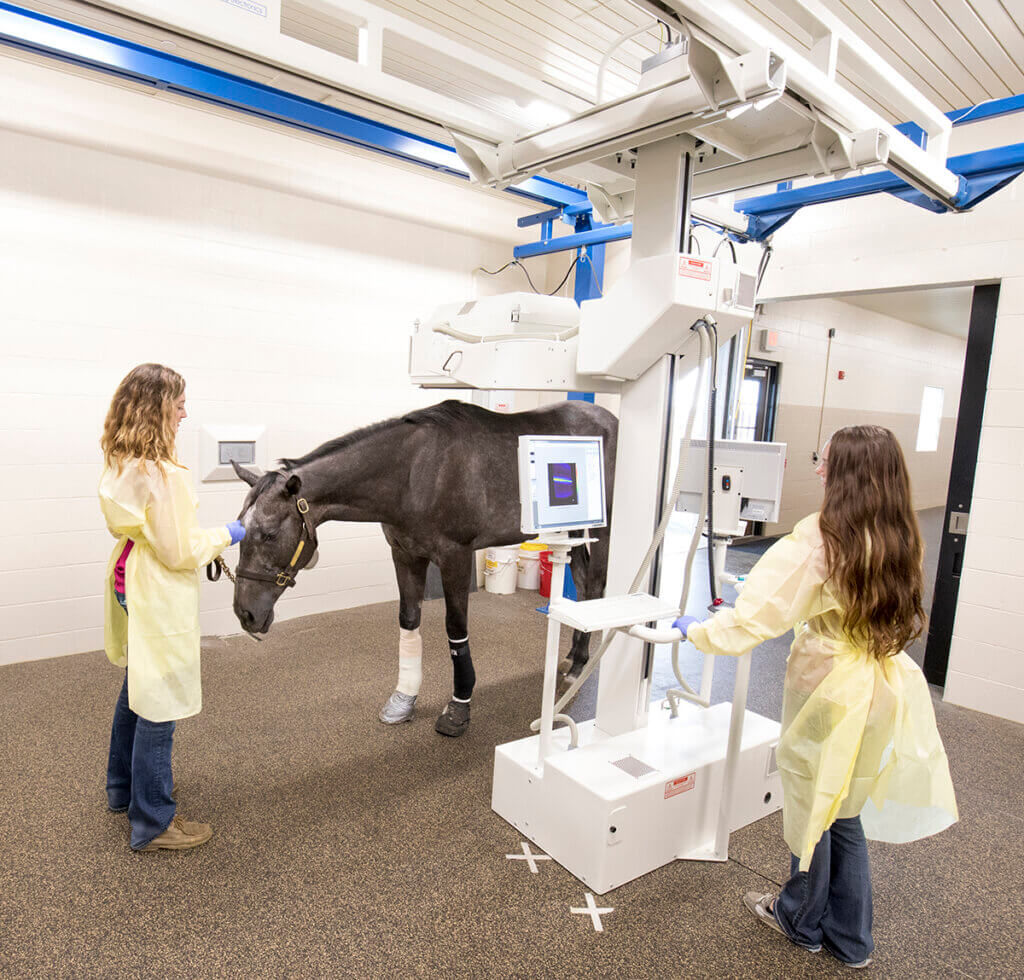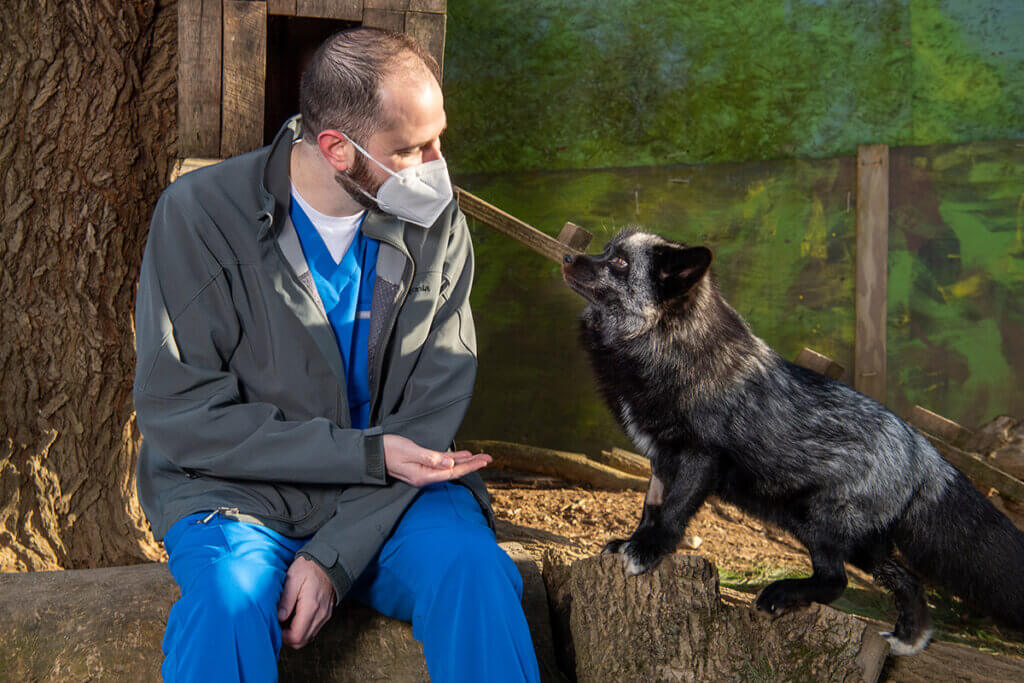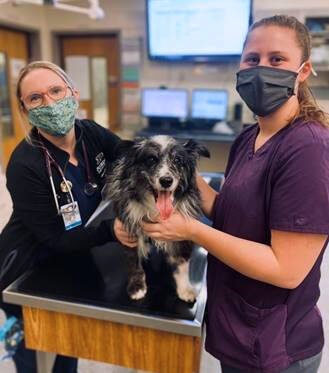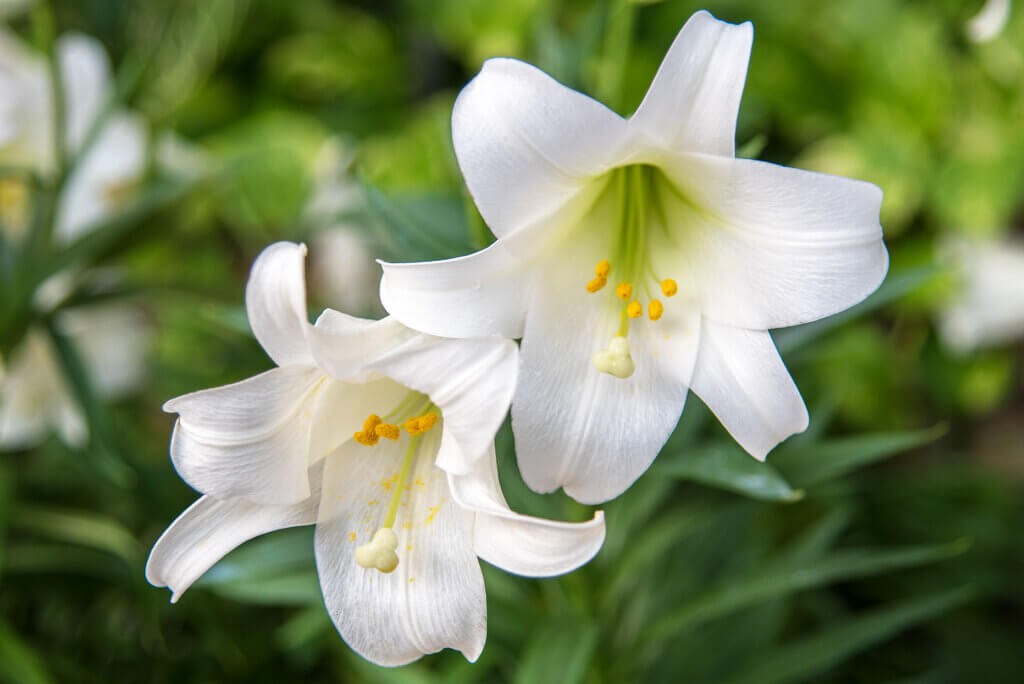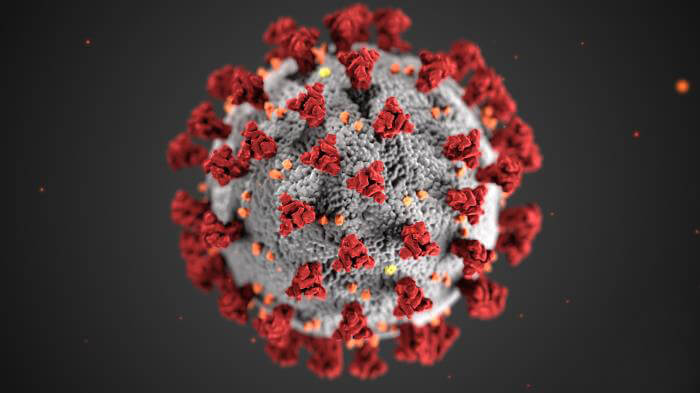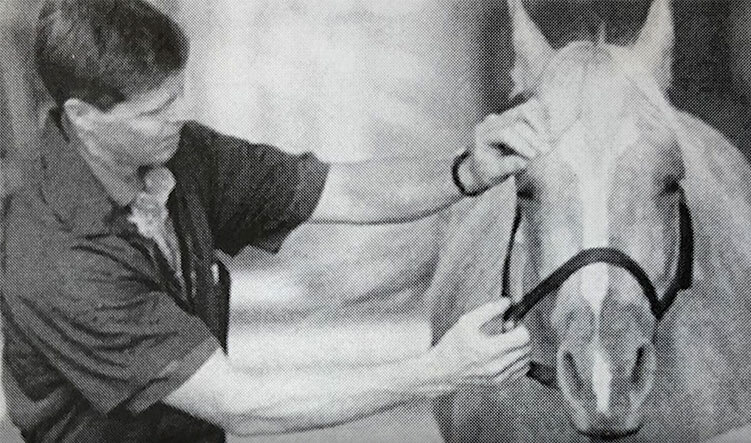Hospitals
Purdue Veterinary Medicine’s Acclaimed Equine Hospital Renamed as Caesars Entertainment Equine Specialty Hospital
June 24, 2021
The Purdue University College of Veterinary Medicine, in support of the Indiana equine industry, has announced its partnership with Caesars Entertainment and the renaming of the college’s equine hospital in Shelbyville, Ind., as the Caesars Entertainment Equine Specialty Hospital.
Chemotherapy Usually Intended for Dogs is Treating a Red Fox’s Lymphoma
June 24, 2021
The Purdue University Veterinary Hospital works with many patients across species. None are more unusual perhaps than Joker, a nine-year-old silver-phased red fox undergoing treatment for lymphoma. Joker resides at Wolf Park, a nonprofit conservation facility located in nearby Battle Ground, Ind.
New Name Graces New Hospital Complex as Construction Enters Home Stretch
June 24, 2021
“What’s in a name?’ So asks the famous line from Shakespeare. For the Purdue University College of Veterinary Medicine, the answer is a very generous gift that led to naming the new Purdue University Veterinary Hospital facilities the David and Bonnie Brunner Purdue Veterinary Medical Hospital Complex. Construction of the complex continues with the goal of completing the facilities by the end of this year.
Meet Cooper, the Super Trouper!
April 9, 2021
A model patient shows orthopedic surgery is not just for young pups. Cooper is an 11-year-old yellow Labrador Retriever who has endeared himself to his medical team at the Purdue University Veterinary Hospital ever since he was first seen in May 2017 because of instability in his right shoulder. The surgery to stabilize his shoulder proved successful, to the delight of his owners, Rick and Mona Hansen of Fishers, Ind.
Nurturing the Human-Animal Bond with Compassionate Care: A Veterinary Nurse’s Perspective
April 2, 2021
There are many unbreakable bonds that form in the Purdue University Veterinary Hospital Medical Oncology Service, but there is no greater bond than the one between the animal and caregiver.
Lily Toxicity: A Grave Danger for Curious Cats
April 2, 2021
Easter weekend often marks the first signs of spring with fresh blooms brightening up the landscape and bouquets taking center stage. It’s also a good time to remember that not all plants are safe for our four legged friends, including the ever popular lily plant.
Chemotherapy Usually Intended for Dogs is Treating a Red Fox’s Lymphoma
March 26, 2021
The Purdue University Veterinary Hospital works with many patients across species. None are more unusual perhaps than Joker, an eight-year-old silver-phased red fox undergoing treatment for lymphoma. Joker resides at Wolf Park, a nonprofit conservation facility located in nearby Battle Ground, Ind.
Veterinarians and Veterinary Students Enabled to Assist with Vaccination Efforts
March 19, 2021
During his address to the nation March 11 on the one year anniversary of the COVID-19 shutdown, President Joe Biden focused on the effort to accelerate vaccination, and indicated that plans to expand the pool of qualified personnel eligible to administer vaccines would include veterinarians and veterinary students. The statement followed efforts by the American Veterinary Medical Association (AVMA) to advocate at the federal level on behalf of veterinarians.
Honoring A Legacy – Retiring Large Animal Clinician Recognized by Equine Enthusiasts
March 19, 2021
The 2021 Equine Wellness Forum provided a perfect opportunity for the Purdue University College of Veterinary Medicine to honor a legendary large animal clinician, for his nearly 40 years of tireless service to animals and their owners. Dr. Stephen Adams, professor of large animal surgery, will retire this summer.
Bull Breeding Soundness Exams Can Put More Profit In Everyone’s Pocket
February 23, 2021
Purdue Veterinary Medicine’s Dr. Jennifer Koziol, DVM, MS, DACT, will be a featured presenter in an upcoming free webinar on bull breeding.

